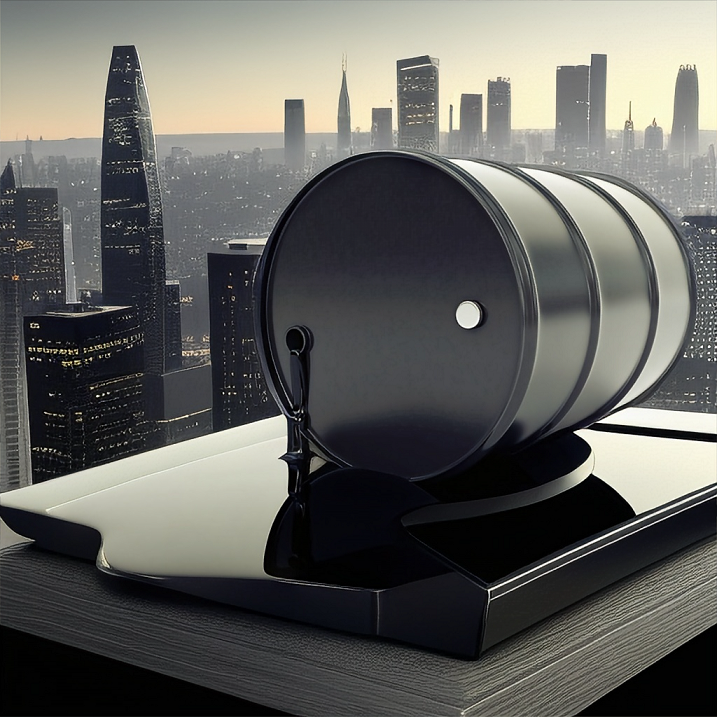Product Overview
Experience the exceptional performance of AR Grade Bitumen offered by Peak Universal Business.
Engineered for high-performance applications, our AR Grade Bitumen is designed to meet the superior quality standards required for road construction and infrastructure projects.
AR Grade Bitumen is a more accurate representation of how asphalt binder behaves in Hot Mix Asphalt (HMA) pavements. Its viscosity grade is a key parameter that determines its performance, with a thermoplastic property that causes the material to soften at high temperatures and harden at lower temperatures. This unique temperature/viscosity relationship is crucial in determining performance parameters such as adhesion, rheology, durability, and application temperatures of bitumen.
Our VG Bitumen specifications focus on bitumen ductility. Our RTFOT Viscosity Grade Bitumen Binders (AR Bitumen) include Viscosity Grade Bitumen AR-1000, 2000, 4000, 8000, and 16000.

RTFOT Viscosity Grade Bitumen (AR-Grades):
RTFOT Viscosity Grade Bitumen (AR-Grades) refers to bitumen (asphalt) whose viscosity is measured at 60°C (140°F) after the roll on thin film oven test. This type of bitumen has a thermoplastic property, meaning it softens at high temperatures and hardens at lower temperatures. This unique temperature/viscosity relationship is crucial in determining performance parameters such as adhesion, rheology, durability, and application temperatures of bitumen. Special emphasis is placed on bitumen ductility in Viscosity Graded Bitumen specifications.
Asphalt Rubber (A-R) Binder Specification:
A-R binders used in surface treatments consist of PG or AC binder and a minimum of 15% crumb rubber modifier (CRM). The blend must meet the requirements of Item 300, Table 16. CRM is recycled granulated tire rubber from passenger and truck tires. The manufacture of A-R involves mixing the asphalt and rubber in specialized tanks at high temperature and digesting or “cooking” for an hour or more to partially dissolve the rubber, imparting a rubbery gooey characteristic to the blend. Types I, II, and III are the designations, with higher numbers (Types) indicating softer materials.
Asphalt Rubber (AR):
Asphalt rubber (AR) is a blend of hot paving grade asphalt cement, reclaimed tire rubber, and additives, with the rubber content being at least 15% by weight of the liquid asphalt binder. This blend causes swelling of the rubber particles, as defined by the American Society for Testing and Materials (ASTM).